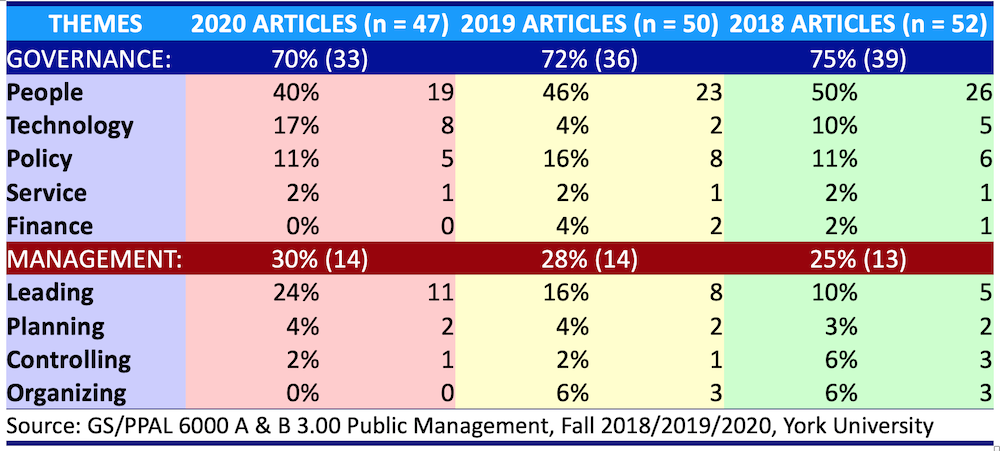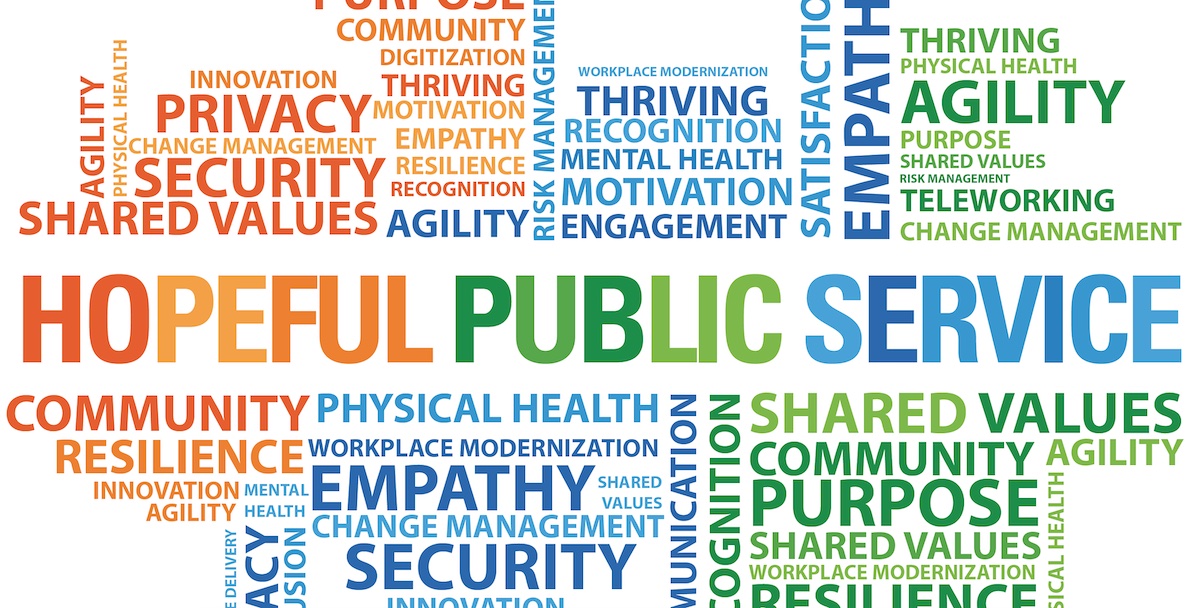A sometimes pessimistic Millennial offered a satirical retrospective on 2020. Growing up, she listened curiously to older generations tell of their times and truth. Grandparents talked proudly about making a new life for family in the aftermath of the Great Depression and World War II. Parents were euphoric about The Beatles, Woodstock, Moon Landing, and Star Wars. Gen-Xers exulted over Michael Jackson, fall of the Berlin Wall, rise of the Internet, and The Lord of the Rings.
What do Millennials have to worry about beyond social media, climate change, racism, and Trump returning? They have COVID-19 and the accelerated prospect of facing their elders’ mortality. Moreover, pandemic lock-down gives them time to worry more about everything else.
Time is precious when it is directed by hope-filled leaders toward hopeful causes. Millennials hope for the coming of a “new normal” in 2021.
Leadership matters
What kind of leadership matters? In desperate or dangerous times, what do we need more—charismatic or servant leaders? In the classroom, we differentiate value in learning from the “sage on the stage” versus the “guide on the side”. The following story offers an alternative view of leadership.
On the morning of September 11, 2001, Michael Hingson sat at his desk on the 78th floor of the World Trade Center, North Tower. He was not alone. Under his desk lay napping his faithful companion Roselle, a two-year-old yellow Labrador guide dog. Mike is blind.
Upon the plane’s impact, the building shuddered, and Roselle was roused from her sleep. She ventured from beneath the desk and waited for the command to spring into action. Unsure which way to escape from the encroaching chaos, Mike took firm grip of the harness and simply said, “Forward!”. That was all the encouragement that Roselle needed to take control of the situation.
With smoke, noise, and congestion filling the hallways, Roselle purposefully steered Mike to the centre stairwell. Roselle was calm as ever, not sensing danger in the flames, smoke, or anything else around them. Mike chose to trust Roselle’s judgment because they were a team. He clutched Roselle’s harness and, with focus and confidence, they headed down the 1,463 steps to fresh air and freedom.
One can hardly imagine anything more frightening than being blind and trapped in the inferno of the World Trade Center that day. When faced with crisis, we look to a guide who is better equipped to sense the risk and forge a prudent way forward. Leaders who offer guidance:
- Search for the truth relentlessly;
- Move forward with boldness and courage;
- Arrive at their destination committed to serve;
- Give gratefully of their time, talent, and resources;
- Honour the cause by example;
- Listen attentively by keeping still and quiet; and
- Return home to share the good news of the story.
Leaders who guide focus heart and mind together. They avoid distraction, diversion, and division in the name of the common good. If 2021 is to be a year of change, what star will guide the journey?
New normal
These troubling times are also rife with opportunity. Millennials’ aspirations are captured in watchwords like “the new normal”. Along the lines of Maslow’s Hierarchy, they revisit ascending new norms of survival, success, and significance as ways to live. Their issues and questions are about (1) Identity: Who am I?; (2) Importance: Do I matter?; and (3) Impact: What is my purpose?
What is the “new normal”? Is it better, just different, a course correction, or still evolving? A Chinese proverb offers perspective: “If you want happiness for an hour, take a nap. If you want happiness for a day, go fishing. If you want happiness for a year, inherit a fortune. If you want happiness for a lifetime, help somebody.”
CGE again invited first-year candidates in the Master of Public Policy, Administration and Law at York University’s School of Public Policy and Administration to enlighten its readers. These young professionals and mid-career managers study remotely, online, weeknights, and weekends. Their hectic lifestyles balance studies, work, and family virtually. Eight out of ten are women.
Public Management is the first course in their two-year postgraduate program. The final assignment is to select, research, and write an original article on a topic of interest. The purpose is to consolidate new learning, advance thought leadership, and practice creative writing.
At the conclusion of the Fall 2020 term, 47 (2019 – 50) students authored articles. One-third (2019 – 7) survived voluntary, post-course rounds of review and editing to be published on the Millennial Outlook page. The thematic threads are summarized below.

People issues are down but still front of mind in 40 per cent of the articles, 64 per cent when combined with the related Leading theme. Policy issues are also down somewhat across a range of inequities associated with children, disability, education, Indigenous people, and privacy. The strategic upsurge in Technology displaces other thematic considerations. Strong leadership underscores the priority on harnessing technological innovation and harmonizing remote workplaces during the pandemic crisis.
The implications of the COVID-19 context for the new People-Technology-Leading trinity are evident in virtually all articles. Authors use key words like alone, anxious, digital, divisive, individual, inequitable, polarized, powerless, precarious, stressed, surviving, telecommuting, and virtual to describe the public sector environment. The “new normal” emerging in 2021 comes down to human synergies.
The future of work in the public service samples a buffet of expectations: agility, change/risk management, collaboration, communication, community, digitization, empathy, engagement, inclusion, innovation, mental/physical health, motivation, privacy, productivity, purpose, recognition, remote/online delivery, resilience, satisfaction, security, shared values, teleworking, thriving, and workplace modernization.
Student authors are at a crossroads in their learning journeys. By graduate school, they are expected to exhibit the character and competence to advance their thinking beyond passive learning by replication to master applied analysis and original thought. This means eschewing Millennial anonymity and anxiety to exude the confidence to speak up and contribute selflessly to collective learning. They plan to practice what they preach and what they learn.
Postscript
A postscript on what to do while a new brand of hopeful public service is unfolding: keep the faith, stay ready, and be bold. Martin Luther King, Junior put it this way:
“Whatever your life’s work is, do it. A person should do … [their] job so well that … [others] could do it no better. If it falls to your lot to be a street sweeper, sweep streets like Michelangelo painted pictures, like Shakespeare wrote poetry, like Beethoven composed music; sweep streets so well that all … will have to pause and say, ‘Here lived a great street sweeper, who swept his job well.’”

